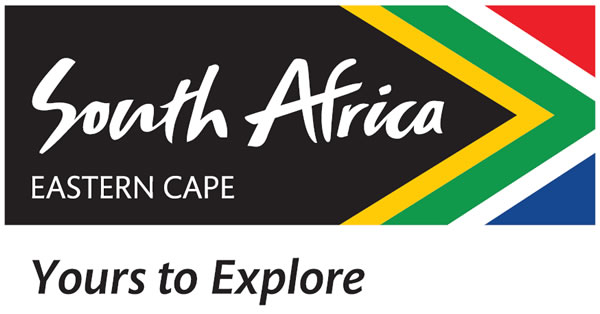Unlocking the Future of Travel
Wednesday, 14th May 2025

Unlocking the Future of Travel: Insights from WTM on Hidden Destinations, New Travellers, and Game-Changing Partnerships
At the recent World Travel Market (WTM), one message came through loud and clear: the future of travel isn’t just about infrastructure—it's about strategy, execution, and meaningful connections. From hidden destinations to digital nomads, from AI-driven guest personalization to authentic community experiences, the landscape is changing, and the industry must move with it.
Hidden Gems: Infrastructure Meets Strategy
Everyone agrees that funding is crucial—but before money comes strategy and execution. “You invest in what gives you a return,” one speaker noted, pointing to Ethiopia’s successful national airline as a case study in forward-thinking investment. It’s not enough to have breathtaking destinations; they need to be accessible, well-managed, and part of a broader plan that includes partnerships, marketing, and local integration.
One of the most compelling ideas to emerge from WTM was the concept of “wonder to wonder”—designing itineraries that seamlessly link destinations to enhance both traveler experience and economic impact. A standout example was the collaboration between Cape Town and Victoria Falls, demonstrating how strategic partnerships can elevate regional appeal. This mirrors the Sarah Baartman District Municipality’s powerful brand narrative, which takes visitors from one breathtaking wonder to the next—did you know Makhanda is celebrated as the third wonder?
Tech and Trends: It’s About the Guest, Not You
Samantha Williams, a tech strategist, made a strong case for placing guests at the center of every digital strategy. "Surround your strategy and tech around your guests," she said. "Use strategic intelligence and see what you are delivering." Her call to action? Start with guest data and build from there.
Glynton de Cock, CEO of Saki, highlighted the top three things travelers now seek: relaxation, safety, and experiential travel. But he also flagged a disconnect: while sustainability dominates industry dialogue, only 11% of travelers currently cite it as a key driver in choosing a destination. This suggests that while long-term environmental goals are vital, messaging and incentives may need recalibrating.
The Digital Divide
A sobering statistic revealed during the conference: South African hotels spend just 3–7% of their budget on digital marketing, compared to up to 30% in the Middle East. This massive gap presents a missed opportunity—especially in attracting international markets that expect personalization and convenience as a baseline.
Tech investment isn’t optional anymore. AI, cloud computing, and blockchain are transforming guest experiences and operations alike. Currently, 45% of travel businesses are actively investing in these areas, setting the stage for a digital evolution across the industry.
The Rise of the Digital Nomad
A standout session focused on the 35 million digital nomads now reshaping travel trends. Far from being just young backpackers, this group includes couples and older professionals who stay longer, spend more, and seek immersive experiences.
Governments are taking note, with more flexible visa policies. Hotels are also adapting—expanding into aparthotels and self-catering units with amenities like high-speed Wi-Fi, workspaces, and local experiences (think cooking classes or storytelling sessions).
This trend isn’t a fad—speakers emphasized that it’s here to stay. And it’s an opportunity: digital nomads can help boost local economies, create jobs, and bring in much-needed foreign currency.
Authenticity and the Community Connection
The final sessions of WTM brought the conversation full circle: back to authenticity. Travellers want to connect meaningfully with the places they visit. Whether it's beading, gumboot dancing, or village storytelling, the experiences that resonate most are those rooted in local culture.
One of the closing speakers, advised providers to price flexibly, with lenient payment and cancellation policies. Meanwhile, hosts were encouraged to bring communities into the fold, offering real value—not just to the visitor, but to the locals as well.
The Road Ahead: Connect the Dots
As WTM’s trend report concluded, the travel industry stands at a crossroads. The customer profile is changing. Motivations are more diverse. Technology is advancing fast. There’s a need for agile governance, smarter funding, and deeper partnerships.
To truly move the narrative forward, industry leaders must connect the dots—from strategy and digital transformation to community involvement and global marketing. Because in the end, the destinations that thrive won’t be the ones with the most resources—but the ones with the clearest vision.
